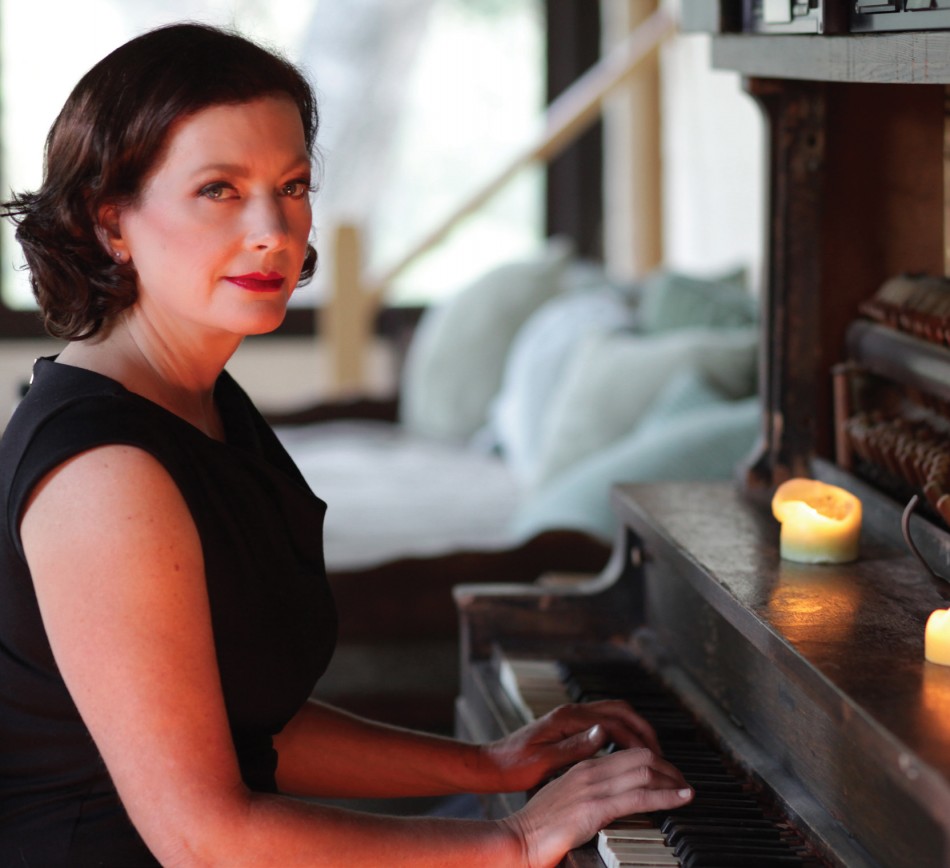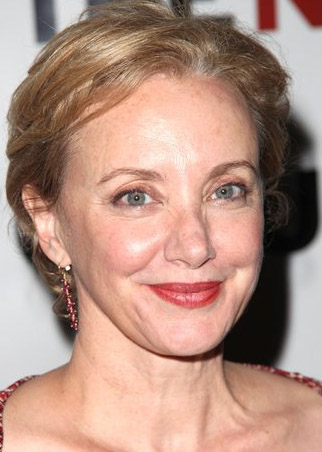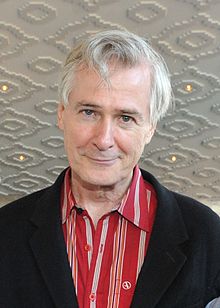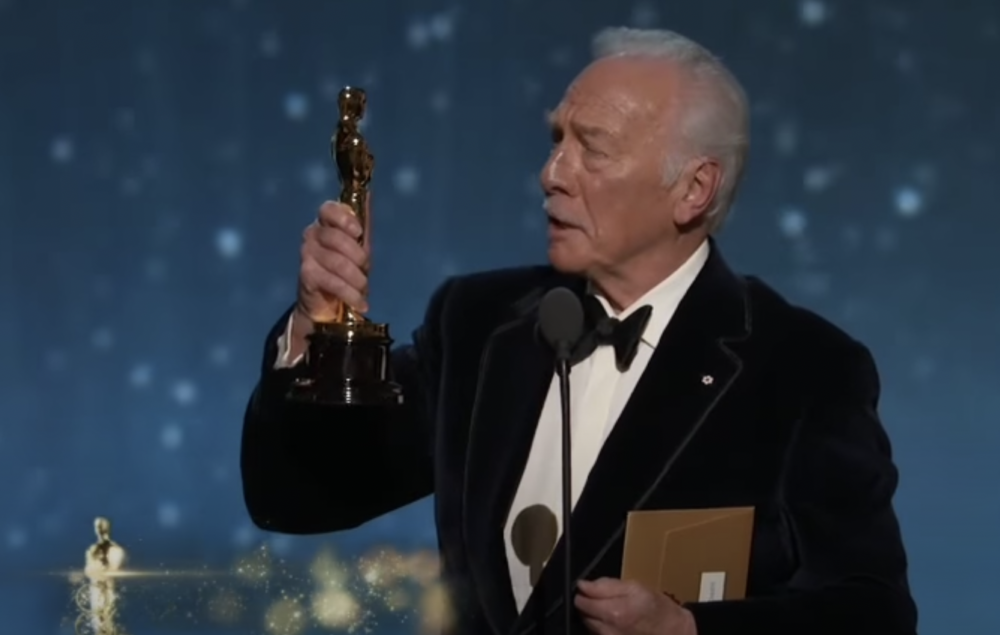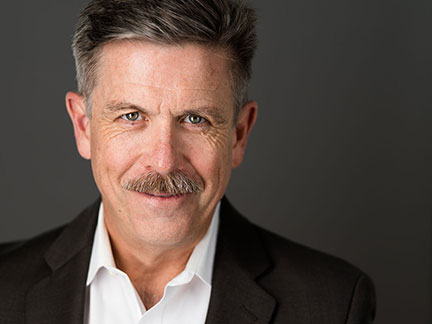
Chris O’Connor – Founder/Artistic Director
by Adam Cohen
Mile Square Theatre sits in a corner of Hoboken, New Jersey. Their jewel of a theater creates innovative productions with working professional actors, designers, and directors. There is a beautiful intimacy to their space allowing the promise of each play or musical to shine through and tell stories with impact. It began under the auspices of Founder and Artistic Director Chris O’Connor. The impact of his creation allows audiences of all ages to experience the fundamentals of theater from creators who are generous, creative, and innovative.
Chris was gracious enough to subject himself to an interview on the theater and the impact of COVID-19. Here is our conversation. For more information on Mile Square Theatre, visit www.milesquaretheatre.org
AC: Chris, thanks for talking to me. Can you provide a little history of Mile Square – its founding, mission, and evolution?
In August of 2002, I was set to go to grad school at the Mason Gross School of the Arts at Rutgers for my MFA in Directing. I had been living in Hoboken since 1997, since moving from Seattle, and I was struck by the fact that there were no professional theatres on this side of the Hudson River, which was confounding to me and seemed it could be an opportunity. Much of my career as an actor and teaching artist had been spent in regional theatre markets, which influenced my thinking about theatre and its relevance to community.
I had the preposterous idea of starting a regional theatre company in the city I lived, not really understanding the challenge I was inviting into my life. It gave me an opportunity to learn to produce and to learn the work of arts non-profits while I was studying the craft of directing at Rutgers with some incredible faculty members who were all working artists.
The initial mission, which hasn’t really changed, was to create an organization modeled on regional theatre. That is, our artistic and stylistic vision is broad; we want to advance performing arts in our community through producing plays and offering programs for arts education. And engagement to the community is front and center.
The theater was established in 2003 as a non-profit professional theater.
AC:What do you look for in selecting works for your season?
There are a number of boxes we try to check. Currently we do four mainstage productions ( in addition to 7th Inning Stretch, Broadway Night, and other events). We strongly believe that Theatre for Young Audiences is important because it promotes theatre literacy for the audience of the future, so one production is for young audiences. Our December show is our holiday show and it needs to be family oriented. We produced Mark Shanahan’s wonderful adaptation of A Christmas Carol last year (A Merry Little Christmas Carol) and it was, by far, our most successful production, so we will stick with that for the time being. The other two slots then give us an opportunity to produce challenging plays, and lately we’ve been leaning towards new plays and premieres. We premiered Erin Mallon’s The Net Will Appear a few seasons ago, which was very successful (and we moved it to 59E59 Theatre in NYC), so we are looking for another strong premiere. We also have a commitment to producing work that reflects our diversity as a community and society. We feel it is incumbent upon arts organizations to embrace inclusion and diversity, and we must do so with the plays we produce. It was very satisfying to produce Dominique Morisseau’s Pipeline last season. That play pushed a very important conversation about race and education in our community. Our audience has indicated a hunger for a variety of work.
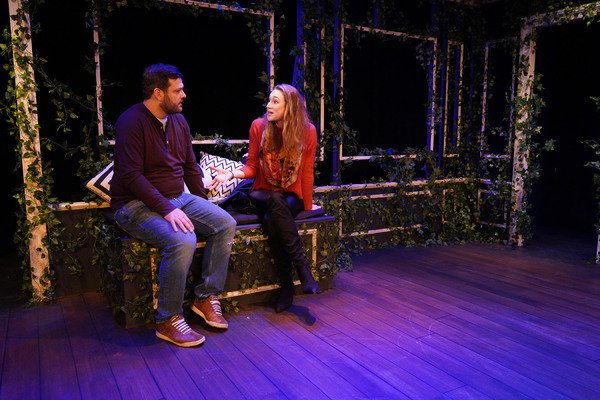
5 Times In One Night
AC: How are you, your family and the staff coping during Covid-19?
Personally, my family has had the good fortune of staying in a home we own in rural upstate NY. We have two teenaged daughters who have been in school online, and my wife Annie McAdams and I are both educators. I’m a theatre professor at Molloy College, and I’ve moved all of my classes online. I never dreamed I’d be teaching acting and directing online! Our apartment in Hoboken is very small, so it’s been nice to go through pandemic sheltering in a larger house, and the small village we live in has made social distancing easy. Of course, both Annie and I are in key positions at the theatre. We closed the theatre facility down on March 15, so the entire staff, including our teaching artists have moved their work online, so we really can be anywhere. We’ve been able to do all the crisis management with the help of Zoom, and all of our management resources are in the cloud. It’s remarkable that we’ve been able to do all of this remotely. We closed our production of Chiara Atik’s 5 Times in One Night early, but left the set standing. There’s a glimmer of hope that when we reopen, whenever that is, we can revive that show. It was a real crowd pleaser and we feel we can regain some momentum with it when we reopen.
AC: How might Covid-19 affect future seasonal choices?
I’m not sure if it’s going to affect the content of what we produce. We’ve only been living with the pandemic for a matter of a few months now, so I may think differently on that after a time. I do think that our budgets are going to be very much under stress, so that may affect how ambitious we are with projects.
AC: How has the theater pivoted as a result of COVID-19 and isolation?
All of our classes (both theatre and dance) have gone online. I’m amazed how successful that has been. Our faculty has done a heroic job creatively, moving our classes to the online modality. We’ve lost relatively few students in the shift, and the response to the quality of the teaching and content has been overwhelmingly positive. We are prepared to continue the online classes into the summer and our staff is creating some really wonderful online alternatives to our normal summer offerings.
On the theatre side, we are just now gearing up to offer online content. We have a very small staff, so we spent the first 6 weeks of the crisis focused on triage (applying for PPP, working with funders, landlords, the banks, etc.). But now with much of that out of the way, we are looking for ways to do some creative work. We are producing some Zoom plays, which will be premiering towards the end of May, and since we cannot do 7th Inning Stretch in our space, we are putting it online on June 20. The show will be a short variety hour, rather than 10-minute plays, and we will be announcing some very special guests for the Stretch.
This crisis is such a challenge for theatre makers. Our work depends on people coming together in shared space and having an experience with living, human beings sharing that space. This shift to keep ourselves relevant when we are denied that basic precept creates an existential question. I think it’s wonderful that theatres are rolling up their sleeves and doing Zoom readings and plays and talking about their work. It’s giving loyal audiences a way to stay connected and to support theatres with some revenue. But I fear that these attempts to create work will wear out their welcome and novelty. Online content sourced from personal devices quickly wear thin and we can never compete with all the incredibly produced content from the likes of Netflix and Amazon. I pray for the day when people will feel comfortable to sit next to a stranger in a theatre again and we can get back to the work that we truly excel at.
AC: Are you utilizing a virtual means to bring the community together – play readings, performances, DJ parties?
In addition to adding some original content in the coming months, Sarah Weber Gallo, our Dance Director, is launching some Zoom dance parties, which should be great fun. As we move forward, we’re trying to come up with other online events. It’s a brave new world!
AC: What are some works you’d like to bring to Mile Square?
I do hope we can get back to producing park shows again. It requires some big funding, but our productions of Shakespeare at Sinatra Park (which was how we started as a theatre) were such wonderful events and were a great joy for our audience. I’d also like to create some theatrical and dance events in the park underneath the 14th Street viaduct. That space is currently underutilized, so we’d like to find ways to activate it. We also are considering bringing a cabaret program to the theatre. The success of Broadway Night has connected us to so many incredible Broadway musical theatre performers and many have expressed an interest in performing in our space.
AC: How can people get more involved with Mile Square?
We are still building our audience, and in the last year, our box office numbers are showing us that our audience is building. We can’t take artistic risks without a broad audience. Though some people love everything we do, many people will choose the work they are drawn to. Without a broad audience where we can trust a solid portion of them will turn out for a variety of work, we would be stuck choosing plays that reach the lowest common denominator, and to me that is aiming low. We want to take artistic risks. Please check us out and be an MST member and spread the word about what we do.
AC: Obviously a shortened season affects revenue, so how can people help support the theater to ensure that Mile Square comes out of this stronger than ever and ready to serve your community?
There are so many charities in need right now, and that includes arts organizations. We are very fortunate to have a strong base of individual support. We have several fundraisers coming up; #HudsonGives, a day of giving sponsored by the Hudson County Chamber of Commerce and 7th Inning Stretch, our annual fundraiser. We are also raising funds to pay down our construction debt, which is an extension of our Capital Campaign and folks can contribute to that by sponsoring a seat in our house or by simply donating. We are grateful for any support, AND we recognize that we have entered a period of great need for everyone. I hope that those who can give to charity, will do so at this time. If we fit into people’s philanthropy, we are grateful for that. I promise you that we will intelligently manage contributed dollars so that we can sustain our organization through the pandemic crisis. We are determined to survive this challenge.




